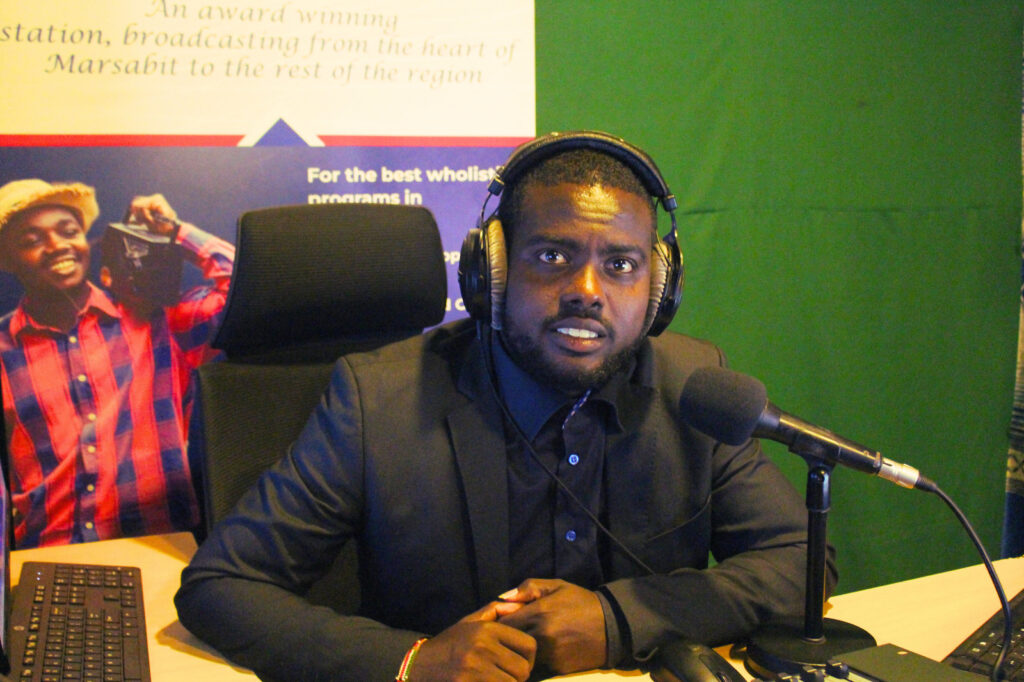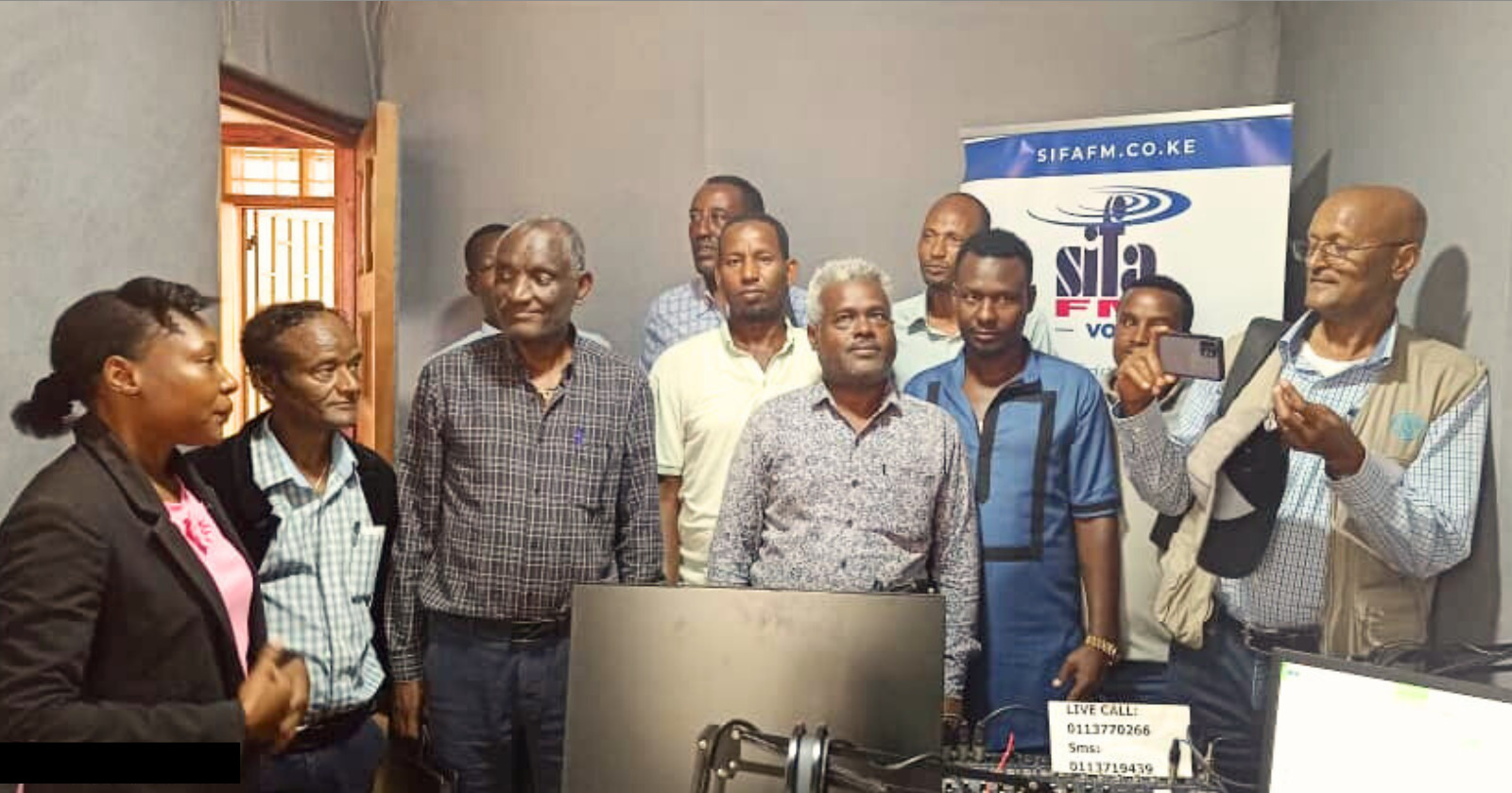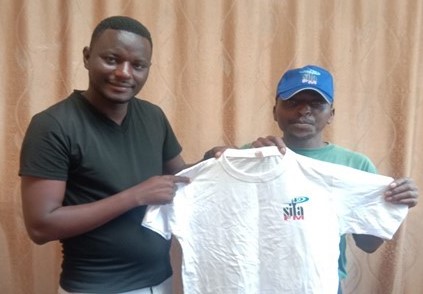By Mike Kwoba & William Wario
Additional Reporting by Geoffrey Otieno.
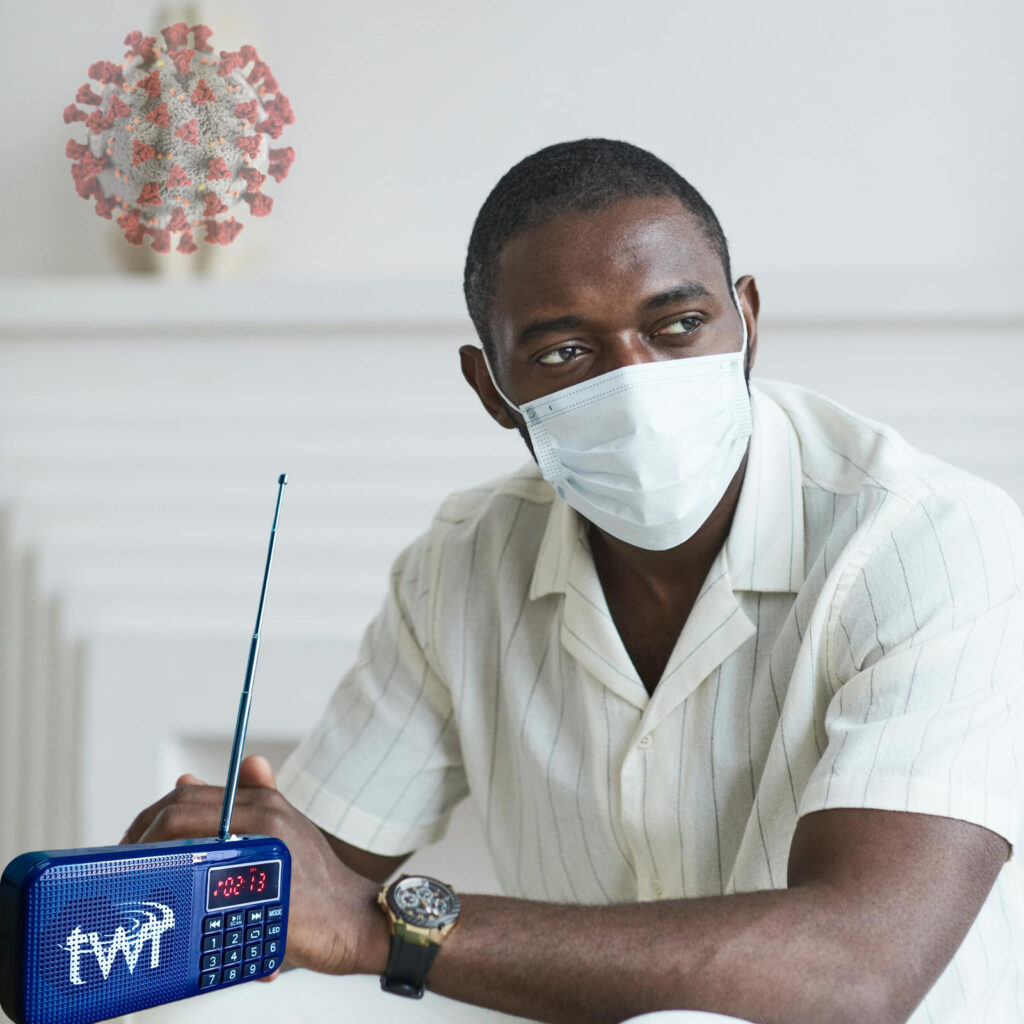
A day like today, four years ago, Kenya confirmed the first case of Corona virus with the then Health Cabinet Secretary Mutahi Kagwe making the public pronouncement the next day on 13th March. Thus marking the start of unprecedented containment measures not only in Kenya but globally.
Initially attention was on the capital city due to the increasing number of infections. The situation got more serious as virus kept on spreading fast. Those living in areas like Marsabit County that is very far from the capital city felt a bit safe until when the virus landed in their counties and eventually to the neighboring countries like Ethiopia.
One of those control measures to stop the spread included a ban on public gatherings and restricted movements with social distancing. As time went on total lock down and curfews were imposed. These actions created a big vacuum of getting access to information and many turned to various sources of information to stay updated on this new global pandemic.
At that time, Mr. Dime Mare from Ethiopia, a husband and a father four living in the Ethiopian side of Moyale along the Kenya- Ethiopia border found himself in a peculiar situation. Considering that he comes from the Oromo community, a pastoralist community that highly values social gatherings as it is the main place where information is gathered and shared. Here both governments in Kenya and Ethiopia had put a ban on all gatherings and restricted movements. The news that the virus was airborne made it worse as everybody was afraid of one another and being a family man he would not dare bring the virus home. His position as a church elder at Qalewet* (Word of life) Church, drove his quest for information to a higher level. One day he went to Moyale town and bought a small radio for the family. Armed with his new radio he went home and started to tune to the stations within his reach, he kept on switching the channels listening to various programs and news. He was not satisfied until the day when his radio picked on Sifa 101.1 FM broadcasting from Marsabit in Kenya over 250 Km away from his village and four years now SIFA FM has become his family station. As he narrated during a telephone interview.
“I began listening to Sifa FM in the year 2020 when the church was closed due to government restrictions on Covid-19. During that time no public gathering and Schools, Churches and some businesses remained closed. Majority of the people became hopeless and there was a lot of fear among people about the pandemic that was spreading at an alarming rate. At the same time the drought was taking away our livestock which is our main source of livelihood as pastoralist community.
Being a believer, I needed to get some hope & spiritual nourishment at the same time remaining updated on the pandemic, and since I could not attend any gathering to be updated due to the bans. There was a lot of misinformation and propaganda that brought a lot of fear so I could not rely on my neighbors anymore to keep me updated. One day I decided to buy a small radio set. I wanted to be updated with what was happening around the world, more so in the language that I understood well.
I kept changing the radio frequencies and after few days I landed on a radio station which was broadcasting on 101.1FM, with the slogan of Voice of hope. I also realized that apart from broadcasting in Swahili language which am not well conversant with it also had broadcasts in Borana, my vernacular language station.
Together with my family, we were overwhelmed with joy because finally we had found what we had been looking for. We found a radio station that was informing, entertaining and sharing the God’s massage of hope and ever since don’t listen to any other Radio station. Sometimes when am away from home, I still listen through my mobile phone radio. Mr Marre shared.
Mr. Mare recalls how the pandemic led many people in his community to fall back on their faith because of the propaganda linking the pandemic to spiritual matters and the ban church fellowships made it worse. Many, including believers were misled after falling into false teachings. For instance, he recalls a day when people woke up with calls and messages from false teachers, directing them to boil and drink black tea without sugar to protect them against Corona Virus and whoever was going to go against the prophesy was going to die.
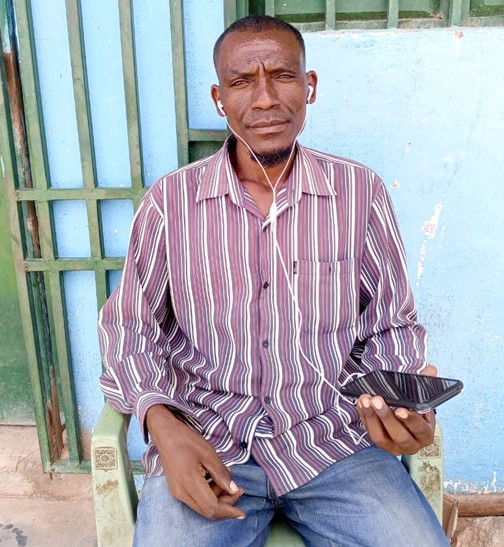
“One day after our family dawn devotions, I switched to Sifa FM radio to catch up with my favorite program that is Dorothy’s Daily Devotions in Borana which runs from 6.10 am during the morning show segment( Madijirena). That day the preacher was teaching about hope from the book of Psalm 23. The teaching encouraged us by reminding us that God is my shepherd and protector that even death should not worry us. Mr barre responded when asked about his favorite program Dorothy Devotions produced in Borana.
Mr. Barre’s love for the station has also been noticed by other listeners as he always participates in the call-ins giving identity to new listeners by baptizing them with connotative names during the Morning show thus earning nicknames like John the Baptist and Abba Kenamsa, an Oromo name meaning a gifted man.
“Whenever Sifa FM goes off air, I get so disturbed as if something very bad has happen to me. This is because the station has become part of us. I have also turned my friends and neighbors to listeners. Apart from blessing us, this station also plays a pivotal role whenever the inter-tribal clashes occur because it promotes peace and cohesion. Marsabit County is now peaceful, thanks to Sifa FM and most importantly to God for His Peace that surpasses human understanding. My only request is if Sifa FM can work on strengthening her signal because in some parts of Moyale it is still very weak. We cannot afford missing the Good news through airwaves; it is our prayers that even our neighbors and friends who are yet to taste the sweetness of this radio station in the region do not miss out just because of the coverage challenges.” He highlighted as we concluded our interview.
